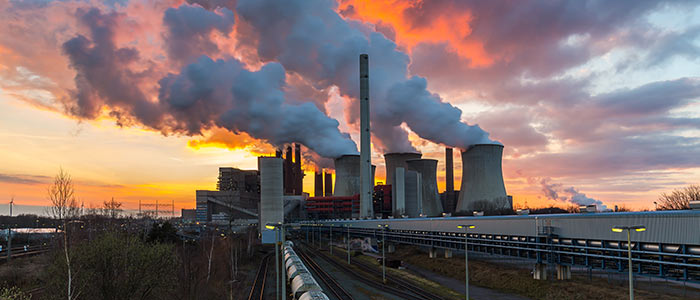Web_GreenhouseGasses_shutterstock_314808188.jpg

Greenhouse gas emissions
In a joint statement published today, the insurers, Aviva, Aegon NC and MS Amlin, along with the Institute and Faculty of Actuaries and UK start-up Open Energi, warned that the continuation of subsidies for the industry will lock in high emissions infrastructure and prevent the world from avoiding the worst impacts of climate change
Mark Wilson, chief executive of Aviva, said that while making a profit is essential in business, companies will only be in business in the future if the world acts sustainably.
“Climate change in particular presents the mother of all risks – to business and to society as a whole. And that risk is magnified by the way in which fossil fuel subsidies distort the energy market. These subsidies are simply unsustainable.”
Research by the UK think-tank the Overseas Development Institute last year found that despite repeated commitments to phase out fossil fuel subsidies at G20 leaders’ summits every year since 2009, G20 governments still spend $444bn every year to support fossil fuel production.
That figure includes national subsidies worth $70bn, investments by state-owned enterprises worth $286bn and other public finance worth $88bn.
At the G20 summit in February, following the historic climate conference in Paris last December where the world committed to limiting global warming to less than 2°C, G20 finance ministers repeated this commitment, but did little else.
Shelagh Whitley, lead research fellow working on subsidies at the ODI, described it as “extremely worrying” that ministers were repeating the same “empty promises” they had been making for six years, acting “as if Paris hadn’t happened”.
“These subsidies fuel dangerous climate change. If we are to have any chance of meeting the 2°C target set at the Paris climate summit then governments need to start a rapid programme of decarbonisation.”
In their joint statement, the insurers echoed the point that “given the urgency of climate change”, the next steps on this commitment are “long overdue”.
The statement calls on the G20 to set a clear timeline for the full phase-out of fossil fuel subsidies by all G20 members by 2020, starting with the elimination of subsidies for fossil fuel exploration and coal production.
G20 leaders should also commit to full transparency about all fossil fuel subsidies from 2017 onwards, and suggests this should be implemented by publicising details on support for fossil fuels in a consistent format on an annual basis, as well as other measures.
It added the communiqué published following the summit, which takes place in Hangzhou, China from 4 September, should also include commitments to strengthening green and low-carbon policies and ending public investments in oil, gas and coal by 2020.
“We’re calling on governments to kick away those carbon crutches, reveal the true impact to society of fossil fuels and take into account the price we will pay in the future for relying on them,” said Wilson.












